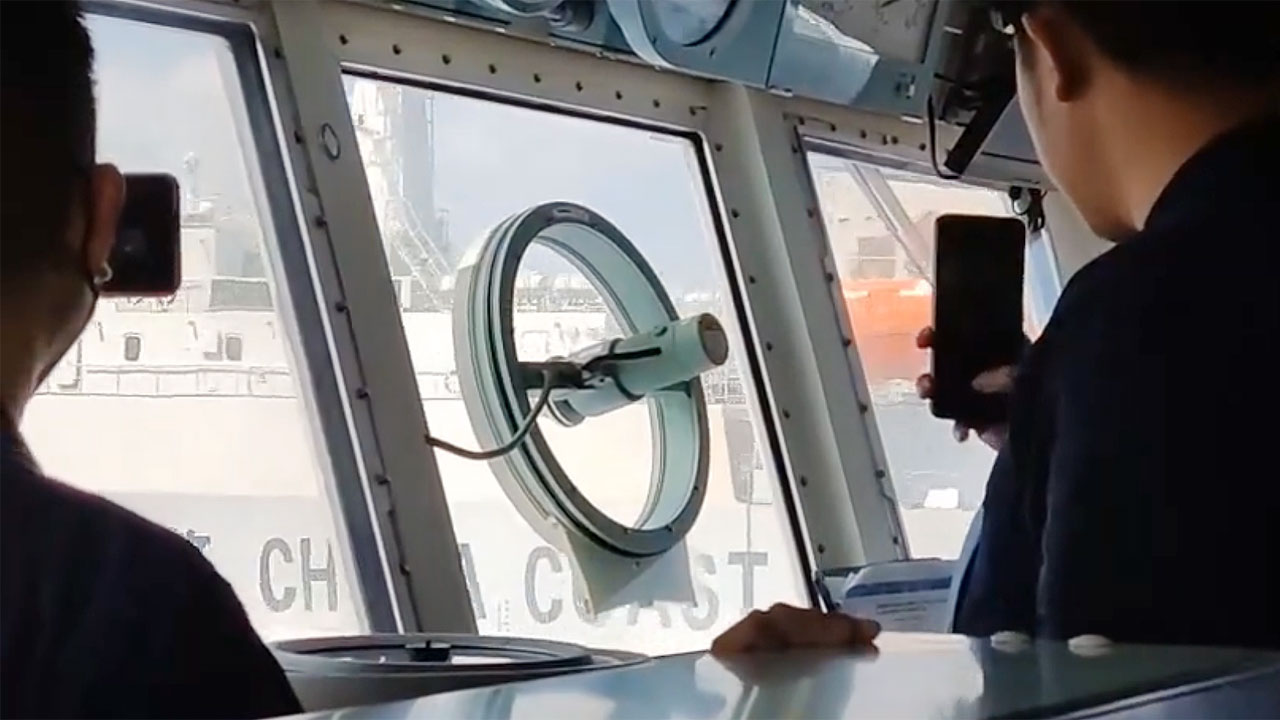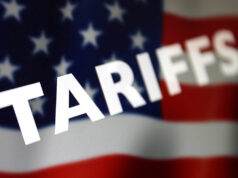Manila’s ‘transparency initiative’ working vs China

THE PHILIPPINES’ so-called transparency initiative has been effective in countering China’s gray-zone tactics in the South China Sea, forcing it to rethink its strategies, a security think tank said.
“The tactic of deliberately seeking out the dark spaces where gray-zone actors conduct their illegal, malign and coercive act” has helped in “strengthening national resilience, whereby a nation rallies its people and institutions to engage effectively in the long-term gray zone contest,” Raymond Powell from the Gordian Knot Center for National Security Innovation said in an analysis piece posted on the SeaLight website.
“In a democracy, none of this is sustainable without the support of the population, which will not support long campaigns against adversaries it can’t see,” he added.
The transparency campaign had also helped the Philippines build international support, he said. “[It] has yielded impressive moral support from like-minded governments across the globe. There has also been evidence of increased material aid, such as promises of joint West Philippine Sea patrols and help in building the country’s maritime capacity.”
The Philippine Coast Guard (PCG) announced its transparency initiative after the Chinese Coast Guard used a military-grade laser against its patrol vessel near Second Thomas Shoal in mid-February.
After the incident, the PCG has been actively publicizing Chinese actions within the Philippines’ exclusive economic zone in the South China Sea.
In 2016, a United Nations-backed tribunal voided China’s expansive claims in the waterway
Mr. Powell said while the election of ex-President Rodrigo R. Duterte “may have eased the ruling’s bite somewhat, China has not been able to escape its long-term consequences.”
Mr. Duterte started a foreign policy pivot to China in 2016 in exchange for investment pledges, few of which materialized.
Under President Ferdinand R. Marcos, Jr., the Philippines “changed the game by conclusively reframing its maritime contest with China from one of “us vs them” to one of “right vs wrong.”
“This time, Manila’s target is the gray zone of opacity and deniability in which China has so relentlessly pressed its advantage, and its chief weapon is photography, applied purposefully, generously and consistently over time,” Mr. Powell said.
He said the transparency initiative has resulted in reputational costs for China, “forcing it to recalculate the increased risks of continuing its aggressions against the benefits it hopes to achieve from them.” — KATA



